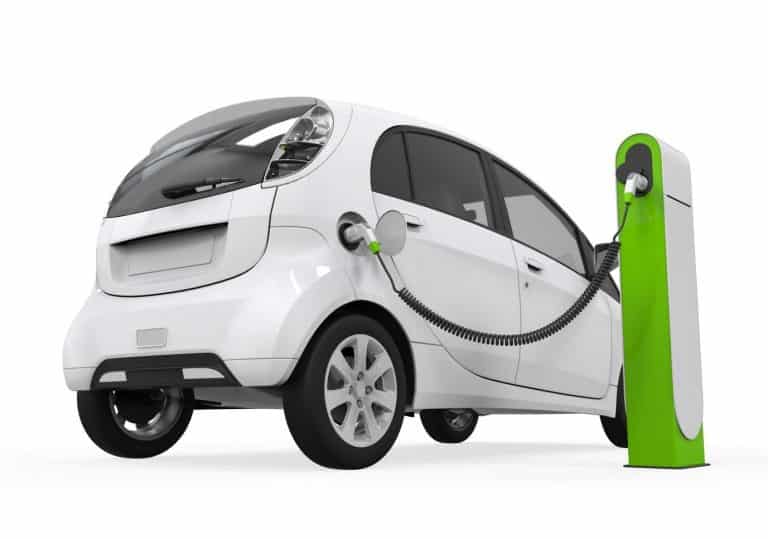It seems clear that electric vehicles are growing in popularity at a rapid pace. It is reported that 500 million EVs will be on the road in the next 20 years. A big reason for that will be the new tech which is being developed to be installed in them. The added bonus is that many of the current or upcoming new tech in EVs could well be used to improve other sectors as well.
But how might all this look exactly?
Contents
What tech might electric vehicles deliver to us?
New technology in electric vehicles is always developing and we could well see these new technologies come into everyday life. One exciting development around EVs is known as vehicle to grid charging. This basically is a two-way exchange between vehicle and energy grid when an EV is being charged.
The real headline-grabber for EVs though are the batteries they run on. It is also an area that has, and is still, seeing fresh tech innovation. Lithium-Ion batteries, for example, have been developed in the last few decades but new battery tech like long-lasting sulfide-based ones are in development currently. Wireless charging is also a new technology that is being worked on for electric vehicles.
How can these new technologies make their way into other sectors?
When you explore the subject, there is obviously lots of scope for new tech in EVs to cross over into other sectors. For example, vehicle to grid charging could be used by the commercial energy industry to cope with demand, and to generate new energy. Lithium-Ion batteries are already being used in the construction sector to power tools and make them lighter to use. In addition, wireless charging is something that the mobile phone sector may well borrow to improve customer experience.
New tech in EVs make it a promising career choice
The popularity of electric vehicles has soared due to the tech they contain, and this makes working in this industry a viable career choice.
In terms of career options, the standout one for many is Self-Driving Car Engineer. This sees you using new tech to help engineer autonomous electric vehicles. To break into this though, you would first need to study for an online electrical engineering degree from Kettering University. This one-of-a-kind qualification is geared up to get you ready to work in advanced mobility and is studied online for your convenience.
You may also see roles that specialize in EV safety and require you to focus on machine learning and installing systems in electric cars which make them safe to drive. A growing career in this sector is also Charge Point Engineers. These are basically responsible for the installation and maintenance of charging stations for EVs.
Electric vehicles bring new tech and opportunities
As the above shows, there is no doubt that the demand for electric vehicles has inspired new technologies to power them. This, in turn, could see this new tech make a big impact in other industries, our daily lives, and the jobs we do.

